Iraq disintegrated long before the takeover of Mosul by the Islamic State.
The capture of Mosul by Islamic State fighters and their allies on June 10 marked a historical moment for Iraqis, particularly Sunni Arabs and Kurds. The division of Iraq, which has now effectively transpired, had to occur at some point. A nation like Iraq, where disparate components were annexed together nearly 100 years ago through the use of violence and compulsory assimilation following the Sykes-Picot Agreement, was bound to have a limited lifespan.
Kurds see the current upheaval as a historic opportunity to seek independence. The Shia-majority government has failed to not only integrate Kurds, but also persuade Sunnis to embrace the unity of Iraq. As the (re-)emergence of Shia militias, an increase in killings in the Baghdad area, the support by some local Sunni populations for the Islamic State or other Sunni rebel groups, and the targeting of Christian and Yezidi minorities have demonstrated, sectarian tensions are on the rise in Iraq.
The recent partition and escalating violence are echoes from the past. They hark back to a different era but suggest similar results. To understand the problems of today, one has to look back in history. In order to grasp the policies of the Shia-majority government in Baghdad under Prime Minister Nouri al-Maliki, it is crucial to analyze the former Baath regime, its rise to power in 1968 and ensuing policies.
Redrawing the Lines
The map of Iraq changed dramatically over the course of one night, from June 9-10. Iraq was, practically speaking, divided into three parts: Sunnis in the northwest, Kurds in the northeast and Shia in the south. The collapse of the Iraqi army, trained by the US and equipped with the latest combat technology and advanced weaponry, indicated that Sunni-dominated areas are prepared to endorse any kind of group, in order to escape oppression. This is related to the marginalization of the Sunni sect, while they were yearning for more power and to possibly gain the post of president — Sunni Iraqis were in power since the end of World War I until the US invasion in 2003. Moreover, the brutal crackdown on demonstrations in 2013 by government security forces exacerbated the political equation.
Kurds have run out of patience with Iraqi leadership that continues to insult and create policies that hurt the Kurdish people. In the past, successive Iraqi regimes deprived Kurds from clean water, health care and moderate education systems, which are basic human rights.
The fall of Mosul, Iraq’s second largest city, on June 10, and the subsequent withdrawal of Iraqi troops from other regions created a political and security vacuum. This was especially apparent in Kirkuk, an oil-rich city traditionally claimed by Kurds but outside the administrative reach of the Kurdish Regional Government (KRG). This vacuum created an opportunity for Kurds to regain Kirkuk and other areas outside the KRG administration, which have been at the center of disagreement since the forced displacement of Kurds in the 1970s.
A decision was made by KRG President Masoud Barzani to deploy the Peshmerga, the Kurdish armed forces, to Kirkuk in order to stop the advances of Islamic State fighters and protect civilians and safeguard oil fields. From a Kurdish perspective, this decision has, in the short-term, proved to be a wise and historic move. Historically, this is the first time Kirkuk has been under the control of the Kurds since the 1957 general census of the population. As Kurds now say: “This house is in the hands of its real owner.” This saying sums up a century of Kurdish struggles against their enemies and the occupiers of Kurdistan’s lands and Arabization policies, which targeted demographic changes of Kirkuk and the identity of Kurdish citizens.
Since the takeover of Kirkuk by the Peshmerga, very few terrorist attacks have taken place in and around the city. This refutes accusations of Shia officials that Kurds harbor terrorists. Recent upheavals highlight that the Islamic State equally targets Kurds not only in Iraq, but also in Syria. In fact, when Mosul was falling into the hands of the Islamic State and its allies, thousands of refugees fled into the Kurdish region, especially Christians.
Failure to Build a United Society
Several key factors have contributed to the failure of the American plan to integrate all components of Iraqi society under the umbrella of national unity after the 2003 invasion. These include the marginalization of Sunnis in government, especially in the military; the issuing of arrest warrants for high-profile and symbolic leaders; the disarming of Sahwa militias that defeated al-Qaeda; the discontent and restriction of the main Sunni areas to vote in the April parliamentary election; the neglect of the Kurdistan Peshmerga by cutting their salaries and those of KRG civic servants; the centralization of power; and the failure by the Shia-led government in Baghdad to share its power.
When the State of Iraq was established in 1920, the southern portion of the area inhabited by Kurds was annexed against the will of the people. Kurds have run out of patience with Iraqi leadership that continues to insult and create policies that hurt the Kurdish people. In the past, successive Iraqi regimes deprived Kurds from clean water, health care and moderate education systems, which are basic human rights.
The central government resorted to a process of ethnic cleansing and Baathification, in order to change the Kurdish identity and demography of Kirkuk. Likewise, the Shia, despite having a shared history of oppression with Kurds, used them to gain more governmental posts and secure their positions after the fall of Saddam Hussein under the guise of power-sharing and coalition, while withdrawing the Kurdish share of the national budget in spite of constitutional prerogatives. The Shia-Kurd relationship should have been based on reliability rather than disunity or accusation.
US President Barack Obama’s decision to deploy 300 military advisers is only a short-sighted move that cannot prevent Iraq’s partition, as revenge killings and sectarian violence are on the rise. The latter only deepens the internal conflicts, as Sunnis feel isolated from the Iraqi army.
Successive Iraqi rulers sold Kurdish oil not only to expose Kurds to hardship and genocide, but also to force other minorities to live in fear, seek revenge and consequently defeat Arabs themselves. Although the KRG states that shipping its oil to international buyers through Turkey is legal and in accordance with the Iraqi constitution, the central government causes distraction, apparently to mask its defeat in administrating Iraqi affairs in the past ten years. Baghdad has petitioned a US court to seize an oil tanker with 1 million barrels of crude oil from the Kurdish region. The Kurdish people do not have problems with specific Iraqi leaders, be it Saddam, Maliki, Ibrahim Jafari, Hussein Shahristani or others, but the overall mentality of seeing Kurds as second-class citizens.
Iraq has failed to politically and culturally absorb Kurds into Iraqi society since its beginning until after 2003. The Baathist army failed to occupy the Kurdish region, despite horrendous crimes against the civilians of Halabja and the notorious Anfal genocide, when some 4,500 villages and 50 towns were leveled to the ground. Kurds were marginalized politically; the Kurdish language was banned; Kurdish books burned; and thousands of Kurdish intellectuals and leaders tortured, killed or forced into exile. In the 1991 uprising, 2 million Kurds were displaced and migrated beyond Iraq’s borders. These activities have not only failed to integrate Kurds into Iraqi culture and society, but have been counterproductive and increased the community’s yearning for their own nation.
US President Barack Obama’s decision to deploy 300 military advisers is only a short-sighted move that cannot prevent Iraq’s partition, as revenge killings and sectarian violence are on the rise. The latter only deepens the internal conflicts, as Sunnis feel isolated from the Iraqi army. Ironically, the US refused to equip the Kurdistan Peshmerga after 2003. Eleven years later, the US sees that Kurdish forces are protecting not only themselves, but also other minorities in Kirkuk and the Christians who have fled Mosul.
Kurdish Independence
Kurdish de facto independence is already taking place, as seen in the following developments: A Kurdish parliament was established in 1992; the school system is successful compared to other Iraqi cities; it has a fair banking system and a booming tourism sector; foreign direct investment is flourishing; private universities are thriving; the region has national health care, with modern hospitals and well-trained physicians; it has advanced telecommunications technologies; it has an enlightened perspective on women’s rights, compared to Arab Iraq; job opportunities have increased following the arrival of foreign oil companies; and sectarian conflict is non-existent.
These are the realities on the ground, which serve as evidence that the Kurdish people are moving forward despite the policies of the central government in Baghdad. However, Kurds need international support to provide them, for example, with a “no-fly zone” if their land is threatened because they are inhabiting a landlocked territory surrounded by Iran, Turkey, Iraq and Syria. Any move by the KRG to seek independence will undoubtedly face a backlash from neighboring countries since it will activate national sentiment of Kurds in other parts of Kurdistan, leading to a possible rebellion and internal unrest within the other states. Turkey, for instance, may halt exporting Kurdish oil to international markets, if its Kurdish population rises up, threatening that country’s security and thereby bringing about economic crises in the Kurdistan region.
Iraq’s unresolved historical conflict for political leadership and the successive Sunni and Shia regimes’ oppression are why the nation is divided. As history shows, Iraq has never been, and never will be, an inclusive country. The ultimate question is: If Kurds themselves do not declare independence, who will they wait for?
The views expressed in this article are the author’s own and do not necessarily reflect Fair Observer’s editorial policy.
Support Fair Observer
We rely on your support for our independence, diversity and quality.
For more than 10 years, Fair Observer has been free, fair and independent. No billionaire owns us, no advertisers control us. We are a reader-supported nonprofit. Unlike many other publications, we keep our content free for readers regardless of where they live or whether they can afford to pay. We have no paywalls and no ads.
In the post-truth era of fake news, echo chambers and filter bubbles, we publish a plurality of perspectives from around the world. Anyone can publish with us, but everyone goes through a rigorous editorial process. So, you get fact-checked, well-reasoned content instead of noise.
We publish 2,500+ voices from 90+ countries. We also conduct education and training programs
on subjects ranging from digital media and journalism to writing and critical thinking. This
doesn’t come cheap. Servers, editors, trainers and web developers cost
money.
Please consider supporting us on a regular basis as a recurring donor or a
sustaining member.
Will you support FO’s journalism?
We rely on your support for our independence, diversity and quality.



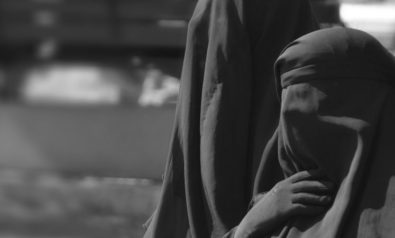
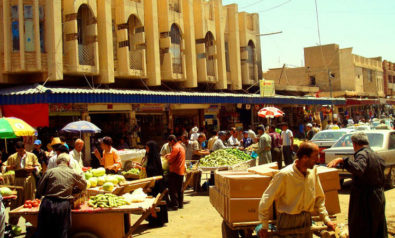
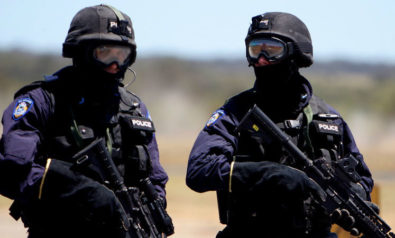

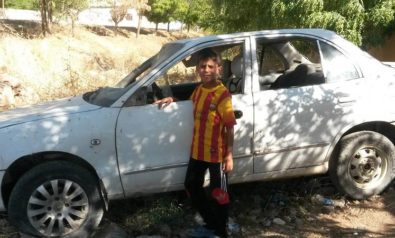
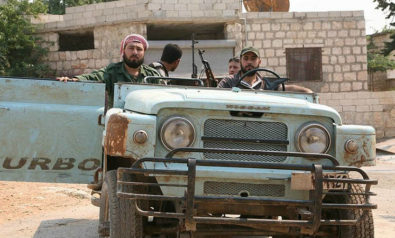
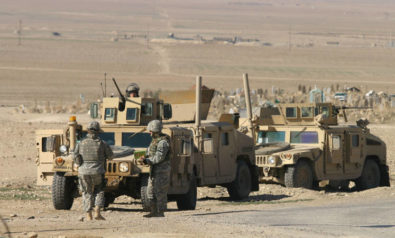
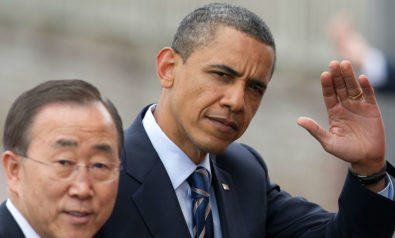

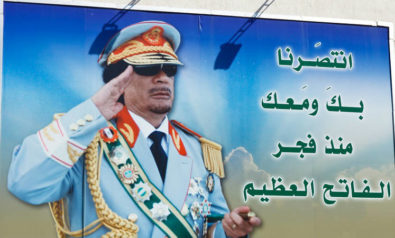

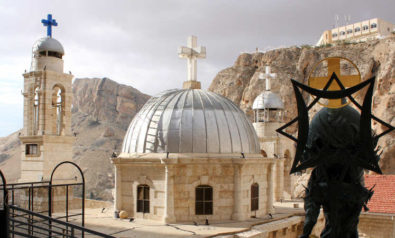


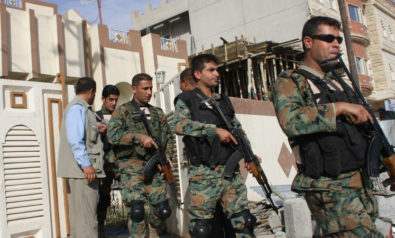
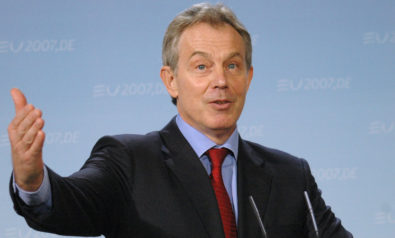
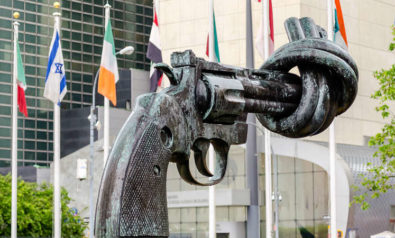

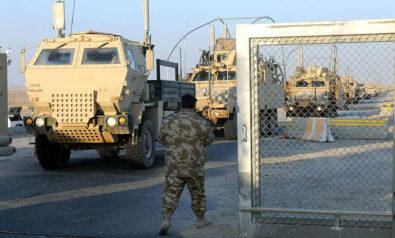





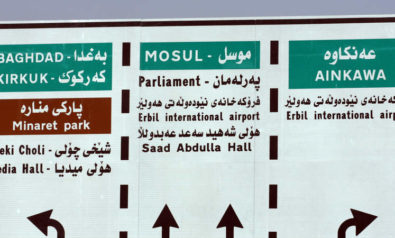
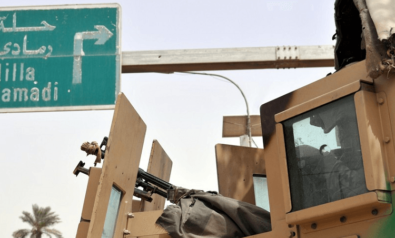


Comment